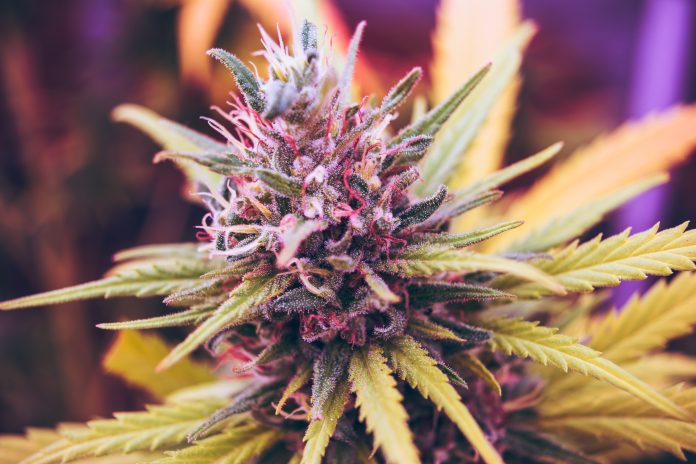In an unprecedented move that could pave the way for transformative changes in US drug policy, the US Department of Health and Human Services (HHS) has urged the Drug Enforcement Agency (DEA) to reassess its strict classification of cannabis.
Despite the legalisation of cannabis in some form across 40 out of 50 states, it remains illegal at the federal level and is categorised alongside drugs like heroin and LSD.
Currently, cannabis is classified as a schedule 1 drug under the Controlled Substances Act, an indication that it has no accepted medical use and a high risk of abuse.
A proposed change to schedule 3 would recognise cannabis as having a low potential for dependency and abuse.
Such a reclassification would place cannabis alongside substances such as ketamine, codeine, and anabolic steroids.
This momentous recommendation follows a directive from President Joe Biden last year, which tasked his health secretary and attorney general with reviewing the severe classification of cannabis. Biden’s stance on cannabis has been clear.
In a statement, he remarked, “the federal government currently classifies marijuana as a Schedule I substance,” comparing it to heroin and LSD and arguing that such a classification is illogical.
Furthermore, Biden has acted at the executive level, pardoning federal convictions for simple marijuana possession and urging state governors to adopt similar measures.
The rescheduling suggestion of cannabis by the US Department of Health is based on a comprehensive scientific review led by the Food and Drug Administration.
However, the power to make a final decision rests with the DEA.
An approval would not only ease research constraints, potentially leading to cannabis-based medical breakthroughs but would also be a significant boon to the regulated cannabis industry, currently hamstrung by banking restrictions.
Rachel Levine, the HHS Assistant Secretary for Health, penned a letter to the DEA, encapsulating the department’s stance. The DEA confirmed the receipt of this letter, acknowledging, “DEA will now initiate its review.”
Although this change stops short of the outright removal of cannabis from the Controlled Substances Act, as some advocates desire, it nonetheless signals a seismic shift in attitudes.
Public polls also resonate with this sentiment, showing majority support among Americans for some degree of cannabis legalisation.
Currently, 23 US states, including Washington DC and all of the West Coast, have sanctioned cannabis for recreational adult use, while medical use is permitted in 38 states.


